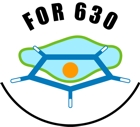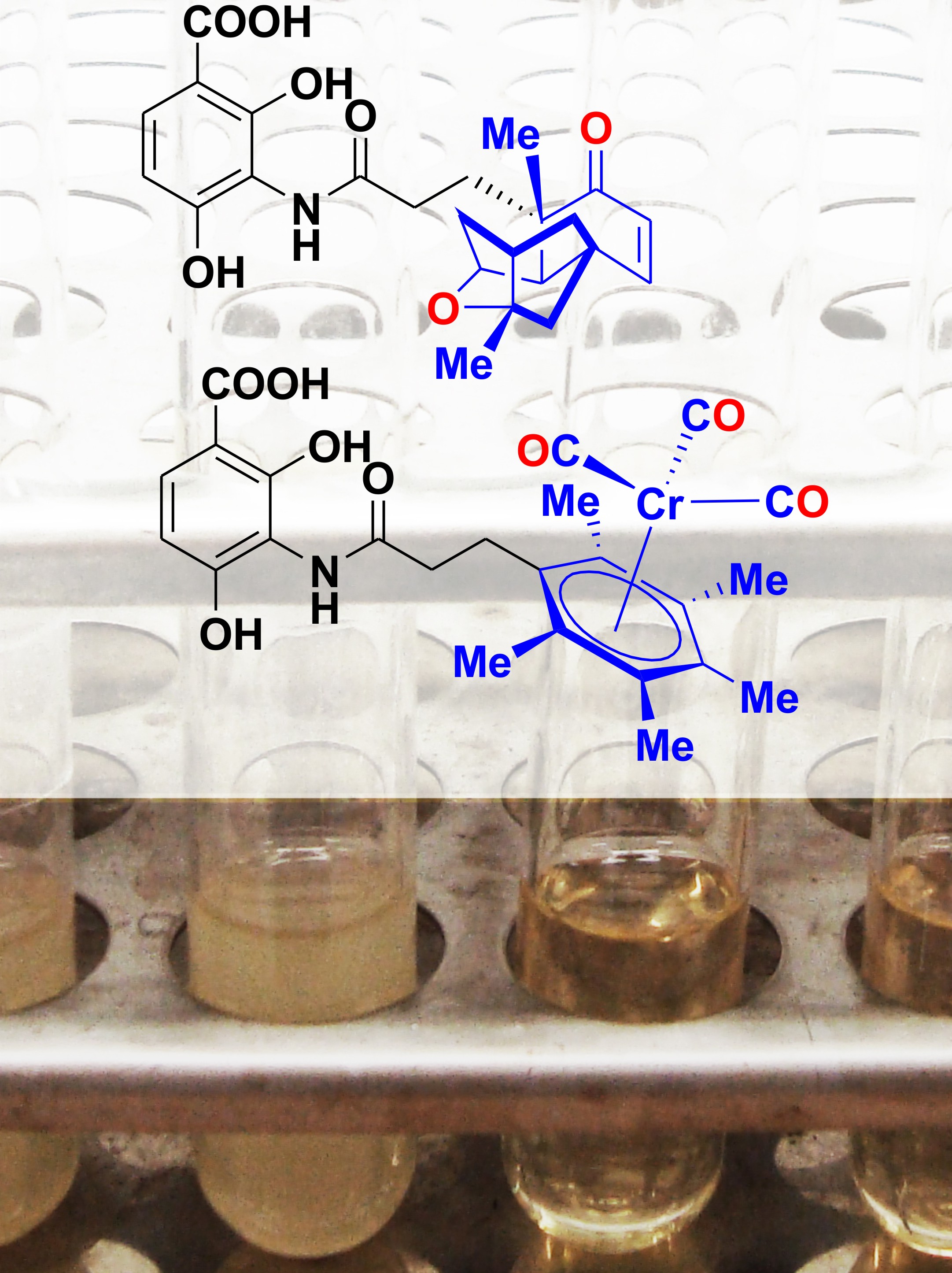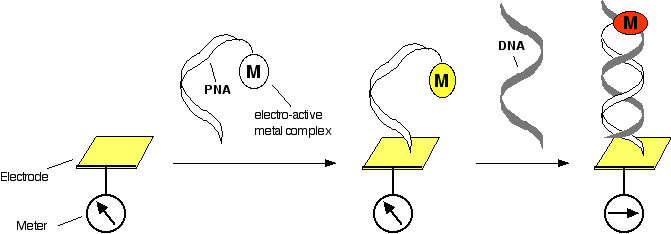Overview
The Metzler-Nolte group is working in a number of different areas of Biological and Medicinal Inorganic Chemistry. All projects involve the synthesis of (new) metal complexes, and very often their bioconjugates with peptides or other biomolecules. Most projects are inspired by a question of medicinal relevance, and we collaborate intensely with partners in Biology and Medicine not only in Bochum but also abroad.
Metal-Peptide Bioconjugates as Tumour-Targeted Drugs

Cancer is the second most frequent cause of death in developed countries. While some potent anti-cancer drugs are available, they are mostly associated with severe side effects. Our group is working to conjugate (novel) metal complexes with anti-tumour activity to biomolecules. The biomolecule will serve as a vector to deliver the drug specifically to tumour cells, thereby minimizing unwanted side effects. Moreover, these conjugates enable us to study the mechanism of action of the metal-based drugs in detail on a cellular level.
Metal-based Antibiotics

Growing resistance of bacteria to established drugs is a major health concern. What is needed to fight those multi-resistent "superbugs" are antibiotics with novel mechanisms of action. Metal complexes in particular offer great promise for such novel activity, and research in our group is focussing on the synthesis of novel metal-based antibiotics.
Metal-based Biosensors and Metal Complexes as Molecular Probes

Metal complexes offer a number of very favourable spectroscopic properties which make them uniquely suited for detection in a biological environment. We are exploiting such properties for example in metal-based electrochemical DNA biosnsors, or by designing new metal complexes with unique properties for applications in cellular fluorescence or RAMAN microscopy.
Structural and Solvation Studies on Metal-Oxide Surfaces, Metal complexes and Metal Bioconjugates

Metal complexes may serve as mimics or substitutes for otherwise purely organic groups in biological macromolecules, e.g. as turn mimics in peptides or proteins. As such, they will uniquely modify the behaviour of the macromolecule, not only by changing intra-molecular interactions, but also by altering the interactions with the environment, most notably water in any biological context (the "solvation sphere"). Research in our group aims at a fundamental understanding of the solvation processes around metal complexes, and how this understanding can be used to modify the solvation of bio-macromolecules as a whole.

